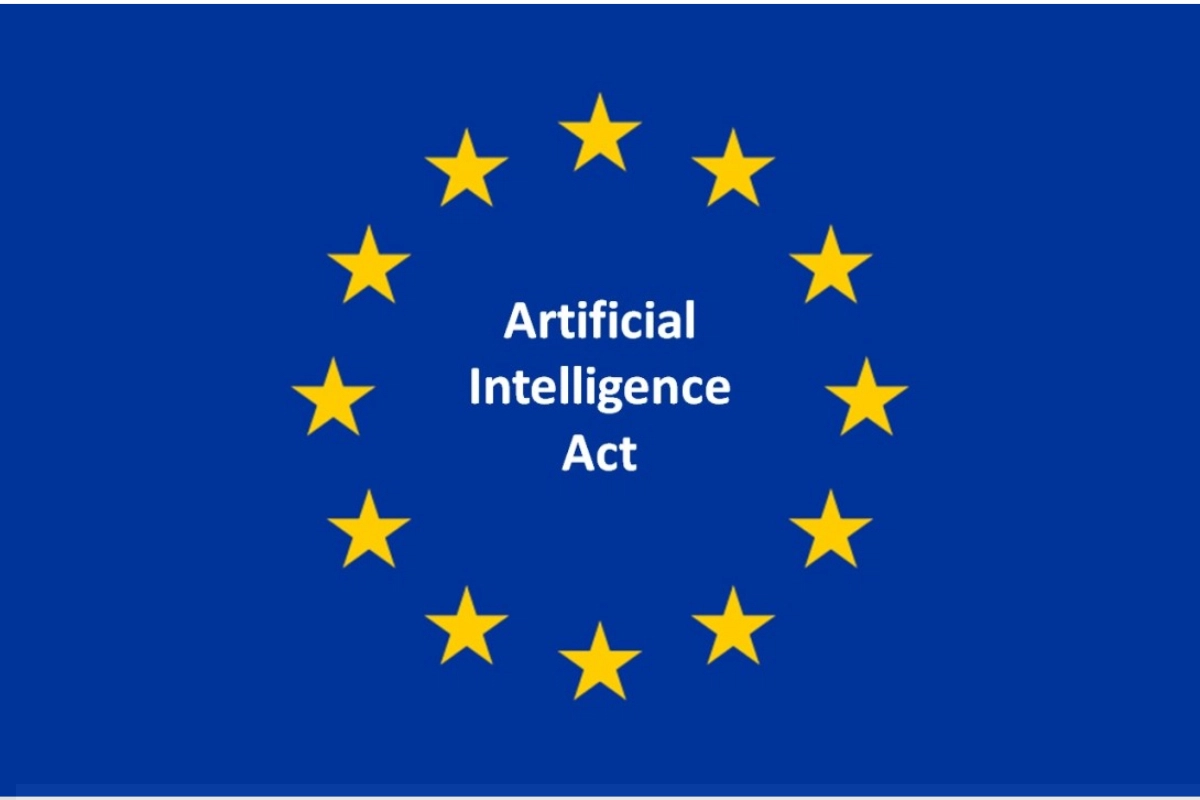AI Act: The first significant set of legislative ground rules to control mediatized artificial intelligence, the cutting-edge technology, was approved by the European Union’s parliament on Wednesday. Read on to know more.
European lawmakers pass world’s first AI Act
The AI Act, which brings in a variety of regulations for different AI products across the single market that are categorised by risk and will go into effect gradually over the next two years, was approved by the European Parliament on Wednesday.
Having received 523 votes in favour, 46 votes against, and 49 abstentions, it was passed with great margins. Its stated goals are to “protect fundamental rights, democracy, the rule of law and environmental sustainability from high-risk AI, while boosting innovation and establishing Europe as a leader in the field.”
By classifying AI systems according to the possible harm they can cause in the event that they don’t function as planned or promised, it divides them into high-risk instruments employed in vital infrastructure and low-risk services like spam filters. These systems would be illegal under the new regulation since they are at the highest risk tier, “unacceptable.”
Stricter governance regulates high-risk systems; developers must be able to record the system’s actions and procedures so that the system’s outputs can be tracked down in the event that they influence a potentially contentious decision down the road.
The AI Act’s provisions protecting fundamental rights, such as the prohibition on “biometric categorization systems based on sensitive characteristics and untargeted scraping of facial images from the internet or CCTV footage to create facial recognition databases,” will take effect six months after the law’s enactment.
The use of emotion detection technologies in the workplace and in educational institutions, social scoring, and other forms of predictive policing that rely on individual profiling will all be prohibited.
Law enforcement may utilise real-time facial recognition technology “in exhaustively listed and narrowly defined situations,” where certain restrictions apply to the deployment’s duration and geographic reach.
Likely to set global standards
Legal experts hailed the measure as a significant turning point in the history of international artificial intelligence governance, pointing out that it may set the stage for other nations to follow suit.
Steven Farmer, partner and AI specialist at international law firm Pillsbury said, “Once again, it’s the EU that has moved first, developing a very comprehensive set of regulations.”
Keep watching our YouTube Channel ‘DNP INDIA’. Also, please subscribe and follow us on FACEBOOK, INSTAGRAM, and TWITTER












